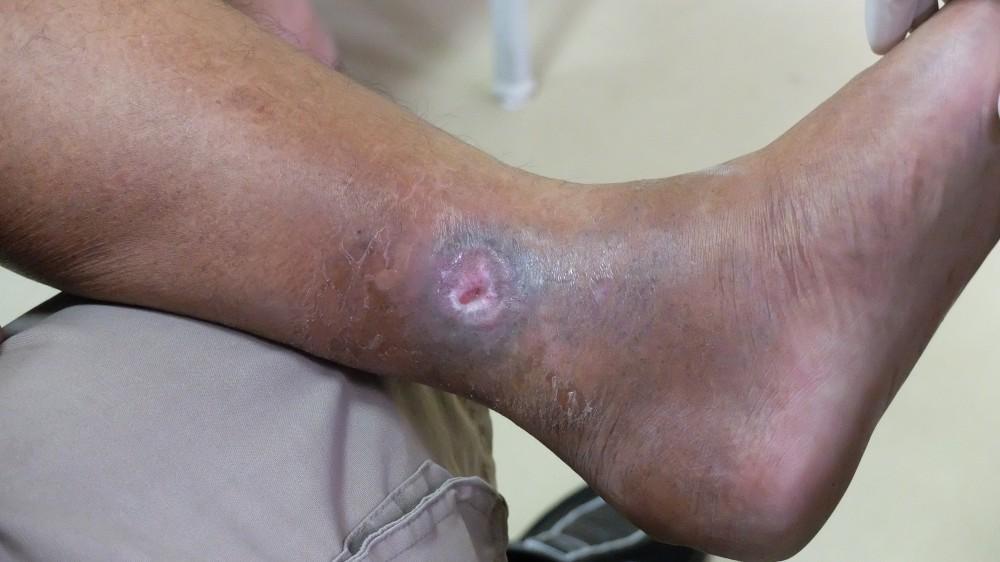
Could My Heel Pain Be Plantar Fasciitis?

Heel pain can keep you off your feet, preventing you from getting out and enjoying the springtime weather and your favorite activities. Did you know that the most common cause of heel pain in adults in the United States is plantar fasciitis?
At The Foot Care Group, our team of expert podiatrists can diagnose your heel pain and recommend the right treatment options to resolve your pain symptoms. Led by Dr. Steve Sharlin, we provide care and support to new and existing patients in Hinsdale, Libertyville, and the Streeterville community of Chicago, Illinois.
Here are some rules of thumb you can use to determine if your heel pain could be related to plantar fasciitis.
Heel pain related to plantar fasciitis
Your heel bones are connected to the arches of your feet by your plantar fascia. These are thick, strong bands of tissue that hold the structure of your feet together and act as shock absorbers for your feet.
Your plantar fascia have to withstand a lot of stresses over the course of your life. Plantar fasciitis becomes more common as you reach middle age, and you’re at a greater risk if you’re overweight, or if you’re commonly active in ways that can overstress your plantar fascia. Runners often develop plantar fasciitis due to repeated stresses on this part of your foot.
When you have plantar fasciitis, or damage or inflammation in your plantar fascia, you experience sharp, stabbing pain localized around your heel. Pain due to plantar fasciitis often worsens after activity and foot use, although you may not start to notice pain until well after you’ve ceased the physically stressful activity.
You’re most likely to feel pain from plantar fasciitis when you first get up in the morning, or after a period of inactivity.
Treatment options for your plantar fasciitis
Left untreated, plantar fasciitis can seriously damage your quality of life, making it difficult for you to get around independently. You could eventually lose the full use of your feet.
Don’t let your symptoms of heel pain go unrecognized. Seek evaluation and diagnosis at The Foot Care Group. Dr. Sharlin and his expert care team use state-of-the-art technology to determine the real cause of your foot pain symptoms.
For patients with plantar fasciitis, Dr. Sharlin may recommend treatment options including:
- Anti-inflammatory or pain-relieving medications
- Physical therapy
- Lifestyle changes targeting weight loss
- Surgical treatment to detach your plantar fascia and allow healing
If you have severe pain and swelling around your heel, or are losing your ability to walk normally due to heel pain, get in touch with Dr. Sharlin at The Foot Care Group right away. With our help and support, you can resolve your pain symptoms and stay moving strong into the future.
You can book your appointment online, or call now to schedule.
You Might Also Enjoy...


Can Hammertoes Be Corrected with Orthotics?

Can Cryotherapy Get Rid of My Plantar Warts?

I'm Embarrassed About My Toenail Fungus: What Can Help?

5 Bothersome Complications of Untreated Hammertoe

